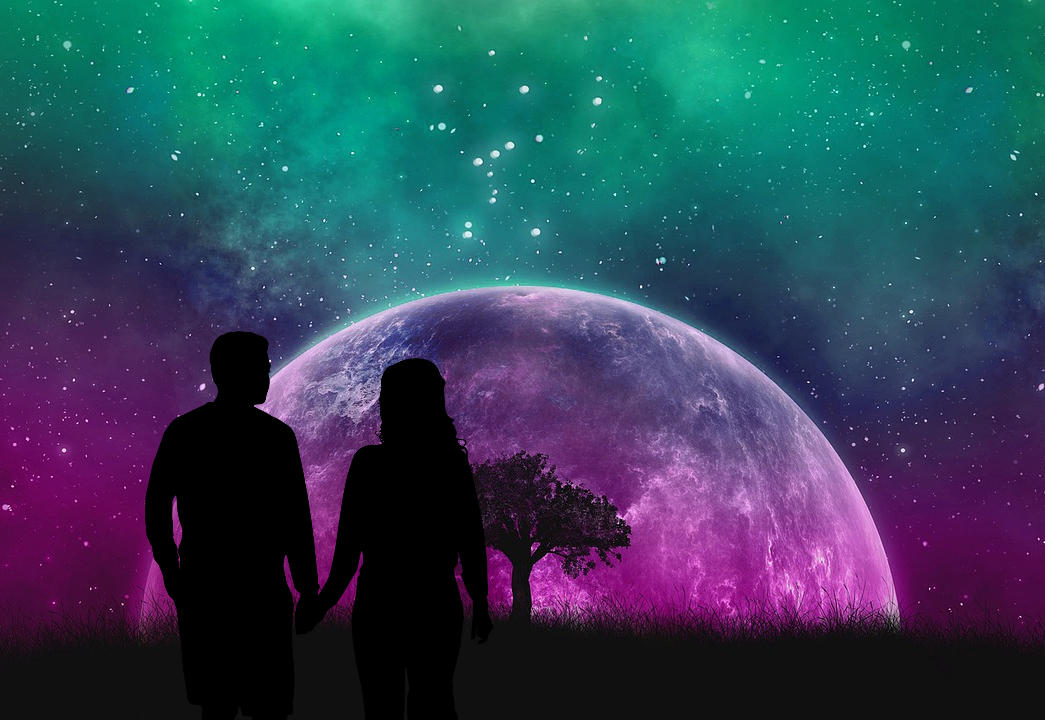


A youngster asked this question recently at Vacation Bible School. The teacher passed it along to us along with the follow-up question: Was the creation seven days or over a long period of time? The short answer to both these questions is simple; we don’t know.
God created everything out of nothing. That is a concept that our brains can’t conceive. In the same way, God is eternal, with no beginning and no end. That’s another idea that is beyond our ability to truly grasp. So when trying to answer these questions we need to make some human assumptions. First, we must look at the Bible, God’s inspired word sent to man to help humankind understand God and the world he created. Second, we should take a look at what scientists have to say, because if God created man in his image, he gave man the ability to think and reason. He made man to be in communion with God, so asking and answering questions is a Godly pursuit.
So what does the Bible say about creation?
In the beginning God created the heavens and the earth. Now the earth was formless and empty, darkness was over the surface of the deep, and the Spirit of God was hovering over the waters.
And God said, “Let there be light,” and there was light. God saw that the light was good, and he separated the light from the darkness. God called the light “day,” and the darkness he called “night.” And there was evening, and there was morning—the first day.
Genesis 1:1-5
In these opening words of the Bible, both questions are answered. When did God create the earth and the universe? The answer is “in the beginning.” At some point in eternity God decided to change what was and create something new. He communicated this idea to men who wrote down, as best they understood, what God was telling them. In the first chapter of Genesis, the creation story was told in poetry so we understand the sequence of the creative process, a process culminating in God’s greatest creation, men and women.
In the opening five verses of Genesis, God answers the second question posed by the student in VBS: Was the creation seven days or over a long period of time? God inspired a writer, generally believed to be Moses, to explain the creative process in terms of days. In this writing, there were six days of creation and a seventh set aside for rest. Obviously, if God is all-powerful, he didn’t need rest as we think of it. So why is creation described as a 6-day process? God answers that in the fourth of what we call the 10 Commandments.
Remember the Sabbath day by keeping it holy. Six days you shall labor and do all your work, but the seventh day is a sabbath to the Lord your God. On it you shall not do any work, neither you, nor your son or daughter, nor your male or female servant, nor your animals, nor any foreigner residing in your towns. For in six days the Lord made the heavens and the earth, the sea, and all that is in them, but he rested on the seventh day. Therefore, the Lord blessed the Sabbath day and made it holy.
Exodus 20:8-11
Remember, God’s idea of time differs radically from ours. His has no beginning and no end. So he gave man the idea of time to measure his days and years and to help us understand the world around us. Throughout the Bible we see seven as a description of perfection. In using seven days to describe the creation, God is saying that his creation was perfect. That is a qualitative, not a quantitative assertion. The Genesis account of creation is not scientific, but poetic and should be read as such. But, should we dismiss the idea that God created everything in the course of six earthly days? Not if we truly believe that God is all-powerful. However, we could ask why an all-powerful God needed six full days to create everything. Why not one day, or one hour, or one minute?
Now let’s look at what most scientists say about the “beginning.” They point to evidence in the speed in which the universe is expanding to suggest that the universe is 13.8 billion years old. They use other measuring tools to calculate the age of the earth at 4.5 billion years. But they can never explain the source of all the energy and mass that comprise the universe.
Other scientists adhere closely to clues in the Bible to advocate for a much younger earth and to mankind’s existence that spans thousands of years, not tens or hundreds of thousands. Unlike those who contend that every living plant and animal evolved over millions of years, scientists who espouse a theory of intelligent design point out many examples in creation of species that have no link to “forebears.” They also point to the complete lack of “missing links” that undermine evolutionary theory.
This is why our answer to the two questions posed by that student at Vacation Bible School is, we don’t know.
However, what we do know is that God created the heavens and the earth and all that is in it. He created men and women, made them in his image and wanted to enjoy fellowship with his most important creation. However, when humans turned their backs on their creator (this turning away is known as sin), rather than rejecting them totally, God set in motion a plan of redemption–an incredible plan to take away the sins of everyone past present and future. That plan included allowing his son, Jesus, to come to earth and to die in our place in order for us to be brought back into fellowship with God.
We don’t know exactly when he created it, but God created a perfect world and one day he will return to restore that perfection. When he does, there will be a reckoning because sin cannot coexist with perfection. Are you prepared to have an encounter with the creator of everything? If not, you may want to read our May 5th blogpost: How does one become a Christian?
Image by Dr StClaire from Pixabay
Answers to Life’s Greatest Questions is provided by Living Dialog Ministries. Visit our website at LivingDialog.org where you’ll see the wide range of books and booklets to help you go deeper in the study of God’s Word.